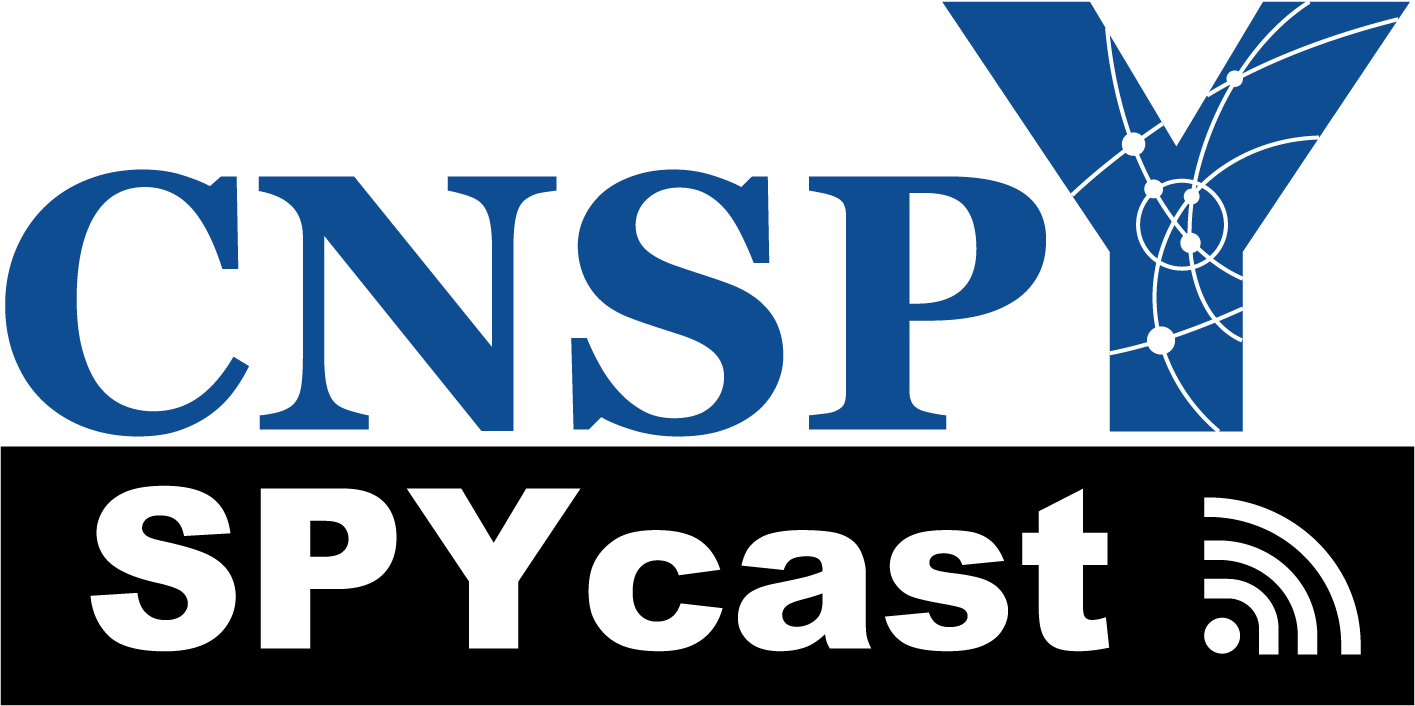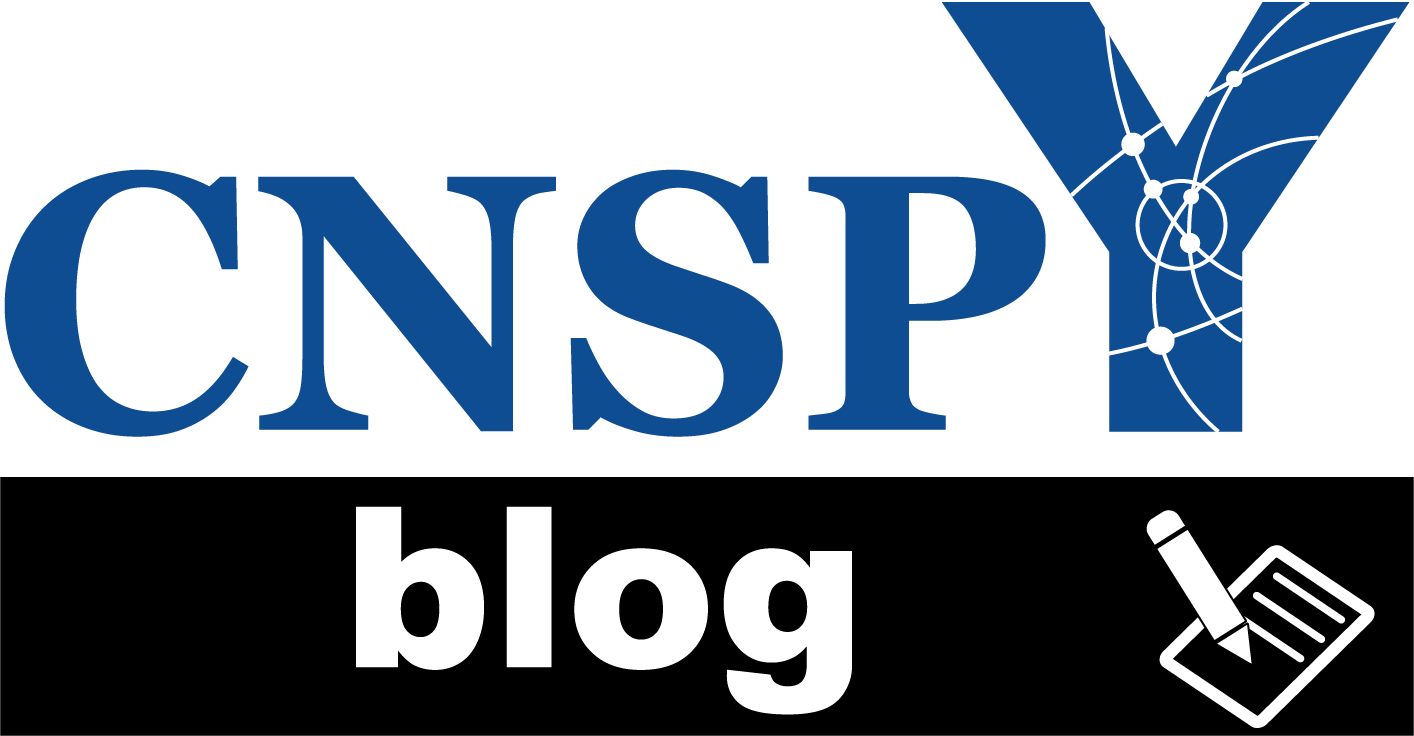Graduate students and postdocs are incredibly well-trained in benchwork and research. However, typical trainee training does not provide us with all the skills necessary to land our dream job in most cases – only 16% of us will actually use the research skills we learn in graduate school to secure tenure-track positions in academia.
For the rest of us, we need to branch out… But if you want to go into Science Policy, your mentor isn’t going to teach you how to lobby for federal budget increases during your fellowship. Similarly, if you want to go into Medical Writing, the grantsmanship and manuscript preparation we’re taught isn’t necessarily considered “experience” because Medical Writing requires experience with very different types of documents.
The fact that we don’t receive enough of the right training still holds true even if you want to stay in academia… Your benchtop work may be stellar, but if you have zero teaching experience, you won’t get hired – and mentoring a younger student in the lab isn’t considered “teaching.” Heck, sometimes serving as a Teaching Assistant for a graduate or undergraduate course doesn’t even cut it! You need experience designing, preparing, and administering an entire course (i.e. Adjunct Professor positions).
To better prepare for the job market (in any field), you need to branch out of the lab environment and develop additional skills that will be viewed favorably and make you more competitive when you apply for your next position.
These extracurricular activities will likely be the difference between your future employer inviting you or someone else for an interview.
The key term here is “extracurricular.” These skills won’t magically develop on their own. In addition to your labwork, you need to seek out opportunities that will develop and hone these additional skills because they are not part of our typical training programs.
There are many organizations that offer volunteer positions in many different fields. You can certainly participate in these programs to gain experience in various career avenues.
Some examples are:
1) Interested in Science Policy? http://www.science-policy.net/11627.html
There are many paid and unpaid internships in science policy offered by a plethora of different organizations. These programs usually run over the summer for a 2-3 month internship.
2) Interested in Teaching? http://www.nyas.org/landing/afterschool.aspx
The New York Academy of Sciences hosts an after-school STEM (Science, Technology, Engineering, and Mathematics) Mentoring Program in public schools in the greater New York City area. This program trains graduate students and postdocs in basic pedagogical techniques to teach hands-on laboratory-based lessons to 4th-8th grade students in public schools.
After familiarizing the mentors with some of the recommended lesson plans, you are free to adapt those lesson plans, create your own lessons/simple lab experiments, and run your own class in a public school near your preferred location. Mentors teach their science class once a week for at least 10 weeks (or more) during a semester, and at the conclusion of the program, you receive accreditation from both the New York Academy of Sciences and the NYC Department of Education as an Education Fellow (complete with a certificate) verifying your role as an independent course instructor trained in classical pedagogy and science education. It may not be an Adjunct Professorship position, but it’s a close second!
3) Interested in Consulting? https://medschool.vanderbilt.edu/career-development/blog/2014-bridge-bcg-workshop
The Boston Consulting Group (BCG) hosts a Bridge to BCG program in the summer. Spend 2-3 days in an intensive workshop reviewing real cases and familiarizing yourself with BCG’s culture and daily operations. This program also serves as a segue to beginning a career at BCG in a full-hire position.
These and many other programs existing in a wide range of fields, and if your schedule permits it, you should certainly looking into applying for these programs.
However, the downside to these programs is that they are highly competitive. Some of the science policy internships only accept 40-50 students, the New York Academy of Sciences only accepted 50 mentors in its first cohort (although that number is expanding rapidly with the growing number of schools interested in participating), and the Bridge to BCG program only accepts 20 applicants – from hundreds of applications!
With these numbers, the odds of being selected for one of those coveted positions are quite low. So, how do you gain experience if you can’t secure a spot in these programs?
You create your own position.
As with most things, it’s best to be proactive about your future. If you want something, go for it. Make moves that will get you closer to your goal. In the same vein, if you want something that’s not there, create it. Carve out what you want and turn it into something respectable – then cite it and refer to it on your resume/CV.
For example, former Presidents and Executive Board members of CNSPY often assist those who have newly taken over these roles to ensure that the integrity of CNSPY remains consistent and seamless during those transitions and throughout subsequent years. These former members have requested that they be officially recognized as CNSPY Strategy Consultants. Later, as these individuals apply for positions at consulting firms, they will have more to speak to on their resumes and cover letters, and even in their interviews as well. However, they wouldn’t be able to list those skills and experiences had they not created the positions for which they served.
Similarly, prior to September 2014, the CNSPY blog didn’t exist. When I joined the organization, I proposed the idea to the CNSPY President and it received a great response. I then launched the blog and created the CNSPY Blogger position that I now serve.
These are simple examples of how you can create your own position and create your own repertoire of valid “experience” that you can cite on your resume/CV.
If you want to see some examples on a larger scale, look to my friend Saskia Houwing from New York University (seriously, look her up on LinkedIn – she’s amazing!).
She founded numerous organizations that are absolutely thriving in the NYC area. She created the DOC – NY Chapter for PhDs and MDs trying to transition into Industry, for which she organized many networking events and dinners in the NYC metro area, bringing together over 500 people in some cases. She also founded The Solution Lab, a small-scale NYC consulting club turned respected consulting firm that is still active today and boasts about 50 employees and growing!
When she couldn’t garner enough experience through standard programming to secure the job she wanted, she created her own opportunities. She now works as a successful and highly respected consultant at McKinsey & Company, which has one of the most rigorous interview processes you’ll ever encounter.
So, in your efforts to gain more experience in the fields you want to pursue, think about ways that you can create a position for yourself that will not only help you develop the skills you need, but also provide you with valid roles that you can reference on your resume/CV.
These roles can be simple:
1) For experience in Science Journalism, offer to write articles or start a column in the Yale Daily News or freelance for the Yale School of Medicine Communications Office (who happen to have an opening for a paid position at the moment: https://www.linkedin.com/jobs2/view/34909422?trk=vsrp_jobs_res_name&trkInfo=VSRPsearchId%3A392315971419173792932%2CVSRPtargetId%3A34909422%2CVSRPcmpt%3Aprimary)
2) For experience in Science Administration, volunteer to help out in the business office of your department a few hours a week or request to be a student or postdoc voice on various committees across campus.
3) For experience in Educational Outreach, join any organization on campus (WISAY, ANY, etc.) and volunteer to start an outreach program that visits local schools or brings students into the lab for a small tour to introduce and inspire students to pursue the sciences in higher education.
Efforts to create a role for yourself can be simple on a small-scale, or they can be larger efforts like those that Saskia pioneered. Either way, these extracurricular activities give you experiences that you can’t garner from long hours in the lab. These additional skills will help you stand out amidst the large volume of qualified applicants for various jobs, and by standing out amongst your peers, you increase the chances of securing an interview for the job.
By nature, scientists are creative and innovative individuals. It’s time to use those innate abilities to find or create unique opportunities that will help build and develop needed skills for the competitive job market.
** Think outside the box, create your own position, and share your experience with us! **
Share your thoughts below by clicking the “Leave a Reply” link or by clicking the chat bubble in the top right of the post.






February 19, 2023 at 8:57 pm
Going forward, Nannestad said, “With our choir being majorly altos it would be amazing if we could get some male voices to help balance us out so we can sound even better for Christmas at Morningside this year.”
https://www.mywatchesuk.com/
November 10, 2023 at 3:41 am
è passato molto tempo da allora, ma i due istinti del successo di Rolex hublot replica non sono stati travolti dal passare del tempo, dalle nuove mode, ma hanno acquisito negli anni il lustro più ambito, il grande Timeless.
December 29, 2023 at 3:56 am
CVS Pharmacy, a prominent chain in the United States, is currently engaged in a customer feedback survey aimed at enhancing its services. By actively participating in this survey at https://www.cvshealthsurvey.me, customers have the opportunity to win a generous $1000 cash prize. This initiative highlights the company’s commitment to understanding customer needs and improving their overall experience. The survey serves as a valuable platform for customers to express their opinions, enabling CVS Pharmacy to make informed decisions based on feedback. By incentivizing participation with a substantial cash prize, CVS Pharmacy ensures the survey attracts willing participants and encourages them to provide honest and constructive feedback.